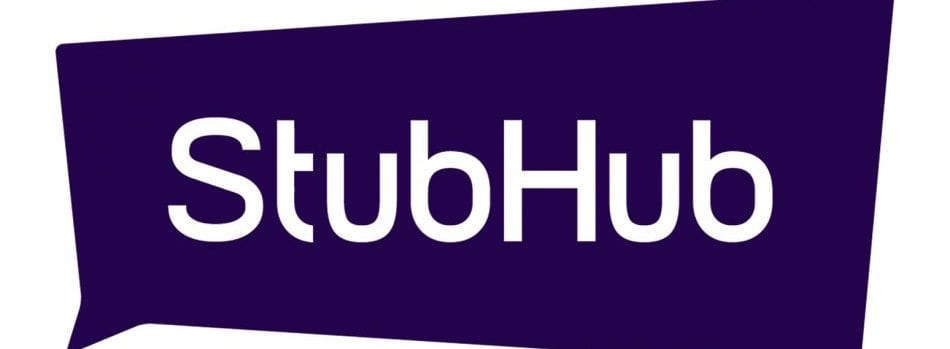In its quest to reform the consumer experience and end “junk fees” in multiple industries, the White House held a bipartisan discussion Tuesday, making the case for stronger regulations surrounding the practice. StubHub participated in the discussion surrounding the proposed regulations, which one official called both popular among consumers and “smart economics.”
“Junk fees are those sneaky fees that are hidden from consumers when they’re shopping for the best price and they sneak up on them when they’ve already made up their mind and they’re about to make payment,” said White House National Economic Council Director Lael Brainard. “ … And of course, they hit the most vulnerable Americans the hardest. They can take hundreds of dollars a month out of the pockets of hardworking families and undercut honest, transparent price competition.”
President Biden made the elimination of junk fees a central part of his agenda beginning in late 2022, supporting proposed FTC regulations around “junk fees” that continued with the State of the Union Address in early 2023, where he targeted what he has deemed as excessive fees. Ticketing service charges are one of many such fees, as well as certain airline fees, termination fees for cancelling TV or internet services, resort fees, and bank overdraft charges.
“Look, junk fees may not matter to the very wealthy, but they matter to most other folks in homes like the one I grew up in, like many of you did,” Biden said during his State of the Union address last month. “They add up to hundreds of dollars a month. They make it harder for you to pay your bills or afford that family trip.”
StubHub was represented on the panel by head of government relations Laura Dooley, who told the story of the company’s ill-fated 2014 foray into using so-called “all-in pricing” for its ticket listings. That experiment saw many consumers conditioned to expect late fees to be added to the transaction, therefore assuming that the all-in fees at StubHub meant the tickets would be more expensive than advertised. Competing ticket marketplaces did not follow StubHub’s lead, giving them a competitive advantage by hiding these fees from consumers.
“Certainly, this experience, as you can imagine, has driven our perspective that federal legislation or rulemaking is not just necessary but it’s critical to implementing an all-in pricing standard equitably across our industry,” she said.
StubHub abandoned its all-in pricing experiment by the fall of 2015, returning to the practice of applying service fees at the end of the transaction. Since that time, junk fees have continued to be the primary method of price display for ticketing marketplaces, whether primary box office or resale.
The practice drew significant scrutiny during a 2019 Federal Trade Commission panel examining ticketing, where the then-commissioner told ticketing companies that the regulatory body wanted to see the industry change from the junk/drip fee model to one that was more transparent. But while some sites like MEGASeats have embraced all-in pricing and many others include at least the option to view listings with estimated fees by default, many others continue to require consumers to enter personal information or payment details before they can actually see the price they will have to pay for tickets.
That needs to change, the panel widely agreed. The current model where such fee structures prevail means that companies “are innovatively tricking consumers instead of innovatively serving them” says Harvard University professor of economics David Laibson. “They shroud the true cost of goods and services and undermine the competitive forces that would normally raise societal wellbeing.”
Dooley’s full remarks submitted to the panel are available at WhiteHouse.gov


